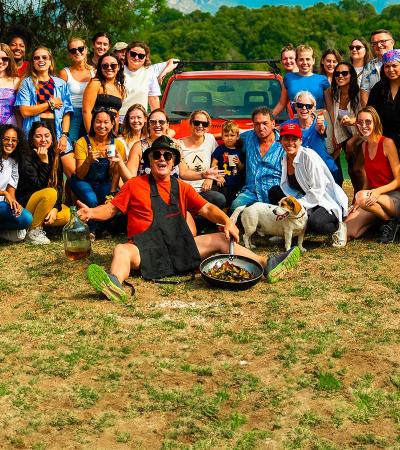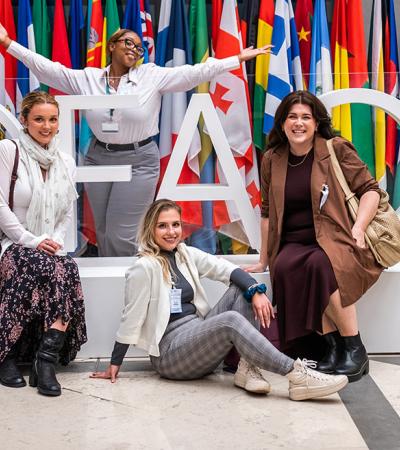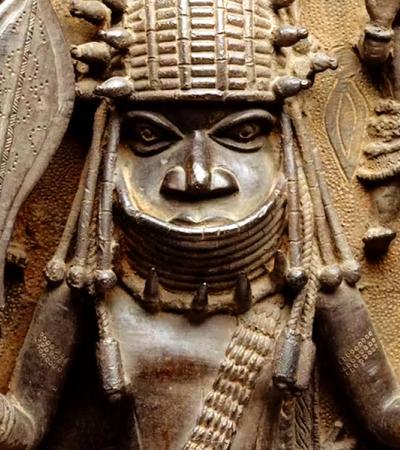The AUR Philosophy:
AUR’s guiding philosophy for our Master of Arts programs is to engage students with the some of the most important global issues of our time: the sustainability of global peace, global food distribution, global cultural heritage. Our M.A. programs are specifically designed to nurture mission driven, theoretically informed, yet pragmatic problem solvers. Our graduates lead enriching lives and careers and aim to become leaders in their chosen fields. Situated in Rome, and connected to a network of high-ranking professionals, AUR is the ideal platform for launching or rebooting a global career of purpose.
The AUR Faculty:
The AUR faculty are expertly trained at some of the world’s finest universities, are well connected and, above all, inspiring. Motivated by a love of teaching and a devotion to close mentorship, our faculty impart both the knowledge and skills to ensure students succeed in their chosen fields, while cultivating a life-long passion to make the world a better place.
The AUR Program Design:
Our 15-month programs are designed with professional students in mind, although one can also enter them directly from an undergraduate education. After the first 9 months of study, students can either choose to stay in Rome for the duration or complete their internships and theses remotely, allowing them to take as little time away from their busy lives as possible. This modular structure that limits on-site learning to a single school year also makes the M.A. more affordable.



